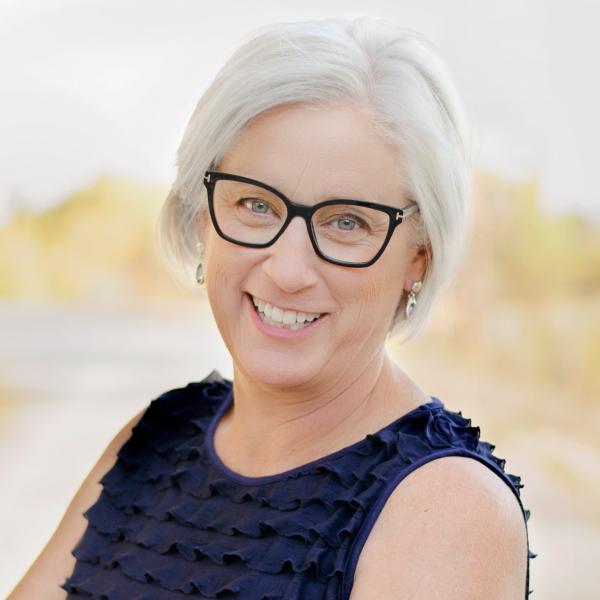From Our CEO
Medicaid Expansion: Let the Discussion Begin
As we head into fall, our thoughts turn to the upcoming legislative session. I am frequently asked about the big issues in 2013, but given the unpredictability of the national and state elections, my crystal ball, like everyone else’s, is fuzzy. Legislators, lobbyists and advocacy organizations are guarded about their plans, awaiting the outcome of the elections.
What is clearly on the radar, for obvious and urgent reasons, is the expansion of Medicaid under the Affordable Care Act (ACA). An analysis by American Health Line on whether states will opt for the expansion puts Colorado in the Undecided/ No Comment category. Citing Governor Hickenlooper’s early summer comments that “we’re certainly looking at it and trying to figure out a way we can do that and still live within our means,” AHL gives the state a “lukewarm nod” to Medicaid expansion.
It’s increasingly clear that there will be some legislative discussion, debate and potentially a decision in 2013.
When we say “Medicaid expansion to 133% of FPL (federal poverty level),” who exactly are we talking about?
We did some analysis at CHI.
It turns out that we are talking about 20% of Colorado’s population. About a million of us make up to 133% of the FPL, and of this group, more than 200,000 would be newly eligible for Medicaid if Colorado approves the expansion. The proposed expansion includes a good number of employed workers (many of whom are already covered by Medicaid). A minimum wage worker, putting in 40 hours a week, 52 weeks a year, will make just over $15,000 annually. That puts the worker at 138% of FPL. With the formulas and calculations (and something mysteriously called the “5% income disregard”), these workers are exactly the population we are talking about when we talk about the Medicaid expansion.
So when you think of the Medicaid expansion, think of the worker who you see each morning when you buy your coffee, the bagger at your grocery store, the server who made your sandwich today, the clerk at the dry cleaning counter. That’s who we are talking about in this policy discussion.
I anticipate that the debate will not center on whether this population needs health insurance. Rather, it will center on who and how that decision gets made. Should this be in the realm of employer choice? Employee choice? Would the market, if left to its own devices, offer competitive, affordable plans? Or is there rationale for a public option? Would this population be most cost effectively cared for through Medicaid?
We can anticipate that debate. And while much centers on the outcome of the elections, much will not. Colorado is a divided state. With “too close to call” presidential and state races, both parties will have a voice in the upcoming decision. We look forward to a civil and productive discussion.

